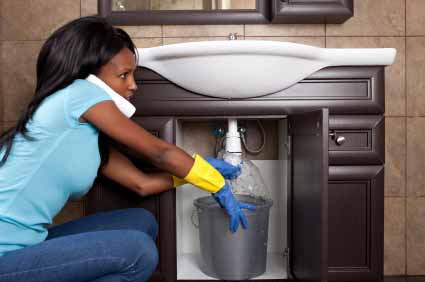Coping with the Most Frequent Hot Water Heater Emergencies
Coping with the Most Frequent Hot Water Heater Emergencies
Blog Article
What are your concepts on Common Hot Water Heater Problems?

A hot water heater is just one of the most important standard appliances that can be discovered in a house. With hot water heater, you don't need to go through the stress of home heating water manually every single time there is a demand to take a bath, wash, or the dishes. Nevertheless, there is constantly an opportunity that your water heater would act up just like the majority of mechanical devices.
It is essential to note any little breakdown and tackle it quickly prior to things leave hand. A lot of times, your hot water heater starts to malfunction when there is a build-up of sediments as a result of continual usage. As a preventative measure, regular flushing of your hot water heater is recommended to avoid debris buildup as well as protect against functional failing.
Common hot water heater emergency situations and also exactly how to take care of them
Leaky water heater container.
In this scenario, you must transform off your water heating system, allow it to cool down, and also thoroughly look for the source of the problem. At times, all you need to do is to tighten a few screws or pipeline links in cases of small leaks. If this does not work and the leakage lingers, you may need to utilize the solutions of a technician for an appropriate substitute.
Fluctuating water temperature level.
Your water heating unit could begin creating water of various temperature levels typically ice scalding or cold warm. There may be a demand to change either the thermostat or the home heating unit of your water heater.
Too little hot water
It might be that the water heater can't sustain the warm water need for your apartment. You might upgrade your water heater to one with a bigger ability.
Discolored or odiferous water
You require to understand if the concern is from the water or the container resource when this takes place. If there is no funny smell when you run cold water, then you are certain that it is your water heater that is defective. The odiferous water can be brought on by corrosion or the build-up of bacteria or debris in the water heater storage tank. You can try flushing out your storage tank or changing the anode if the issue continues once you observe this. The feature of the anode is to clean out bacteria from your storage tank. Considering that the anode rod replacement requires an extensive understanding of your water heater, you will need the assistance of a professional.
Verdict
Some homeowners neglect little warning and minor faults in their hot water heater system. This only causes further damages and also a possible total malfunction of your appliance. You ought to handle your water heater faults as soon as they come up to stay clear of more expenses and unneeded emergency problems.
With water heating units, you do not need to go through the tension of home heating water manually every time there is a need to take a bathroom, do the laundry, or the dishes. Your water heating unit could begin producing water of various temperature levels typically ice hot or cold warm. It might be that the water heating unit can not support the hot water demand for your apartment. If there is no funny odor when you run cold water, then you are certain that it is your water heater that is malfunctioning. The stinky water can be triggered by rust or the build-up of germs or debris in the water heating unit storage tank.
Common Water Heater Issues and What You Should Do
What Type of Water Heater Do You Have?
Before we begin it’s first important that you identify the type of water heater you have on your property. There are two main types of water heaters out there: conventional and high efficiency.
Both of these types of products typically use either gas or electricity to heat power. There are also solar water heaters that use a thermal collector on the roof or yard to heat the water.
While these models are not as common, they can cut heating costs in half. In this article, we will focus on conventional and high efficiency.
How Do My Electric and Gas Water Heater Work?
Though they look similar, electric and gas water heaters work very differently. It’s important to know their basic function because often problems can be specific to the heating source.
In the electric model, a thermostat on the side of the machine detects the temperature of the water in the tank. When the temperature needs to rise electricity flows to a heating element suspended in the water.
Gas models also use a thermostat device — typically with a mercury sensor at the tip and an additional sensor called a thermocouple. The thermocouple detects whether the pilot light is on and controls the flow of gas.
When the thermostat drops below the appropriate level gas is released which becomes ignited by the pilot light. The flame heats the bottom of the water tank which causes hot water to rise and cold water to drop.
This natural circulation continues until the water reaches the desired temperature. Then, the thermostat triggers the gas control valve to shut off the flow of gas.
What Are the Most Common Issues and How Do You Fix Them?
https://happyhiller.com/blog/common-water-heater-issues-and-what-you-should-do/

I have been very enthusiastic about Warning Signs You Need Water Heater Repairs and I really hope you liked the new blog entry. Are you aware of another person who is intrigued by the subject? Feel free to promote it. Thank you for your time spent reading it.
Plumbing emergencies? Our experts await. Report this page